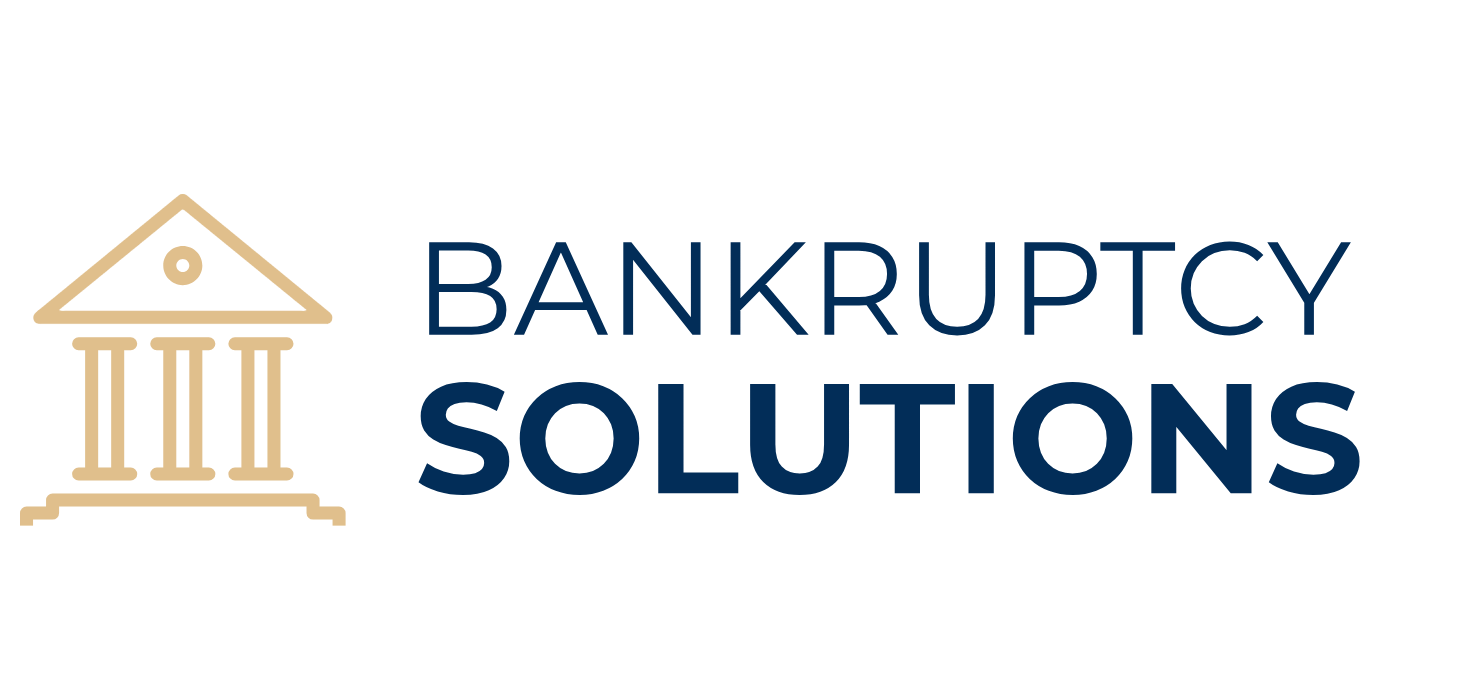Navigating the burden of student loan repayment can be daunting, especially when financial circumstances make it challenging to meet payment obligations. If you find yourself unable to pay your student loans, it’s essential to explore your options and take proactive steps to address the situation.
This comprehensive guide outlines what happens if you can’t pay your student loans, steps to take if you’re unable to afford payments, and considerations for private student loans. Additionally, it addresses common questions, such as whether you can use a student loan to buy a car.
Understanding Student Loans
Student loans are financial instruments designed to help students cover the costs of higher education, including tuition, fees, books, and living expenses. They come in various forms, each with its own terms, conditions, and repayment requirements.
Types of Student Loans
- Federal Student Loans: Backed by the U.S. government, these loans offer fixed interest rates and flexible repayment options, including income-driven plans.
- Private Student Loans: Offered by banks, credit unions, and online lenders, these loans come with varying interest rates and terms and may require a credit check or cosigner.
What If You Can’t Pay Your Student Loans?
Facing Financial Strain
- Impact on Credit Score: Missed payments can lead to a negative impact on your credit score, making it harder to qualify for loans, credit cards, or even housing in the future.
- Accumulation of Interest: Unpaid balances accrue interest, causing your overall debt to grow over time.
Steps to Take If I Can’t Afford to Pay My Student Loans?
- Contact Your Loan Servicer: Discuss your situation with your loan servicer to explore options such as income-driven repayment plans, deferment, or forbearance.
- Explore Forgiveness Programs: Investigate whether you qualify for loan forgiveness programs based on your profession, employment, or service.
If I Can’t With Pay Private Student Loans?
- Contact Your Lender: Private loan lenders may offer hardship programs or modified repayment plans. Reach out to discuss potential options.
- Consider Refinancing: Explore refinancing options with other lenders to potentially secure lower interest rates or more favorable terms.
Can I Use a Student Loan to Buy a Car?
Generally, student loans are intended for educational expenses and cannot be used to purchase a car directly. However, you may be able to use student loan funds for living expenses, which could indirectly free up funds for a car purchase.
In conclusion, facing challenges with student loan repayment can feel overwhelming, but it’s essential to take proactive steps and explore available options. By communicating with your loan servicer, exploring alternative repayment plans, and considering forgiveness or assistance programs, you can work towards managing your student loan debt effectively and alleviating financial strain.

